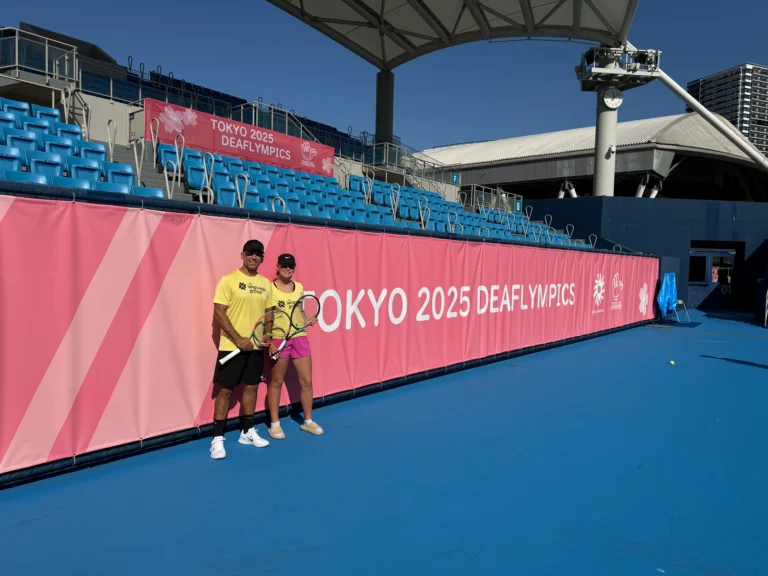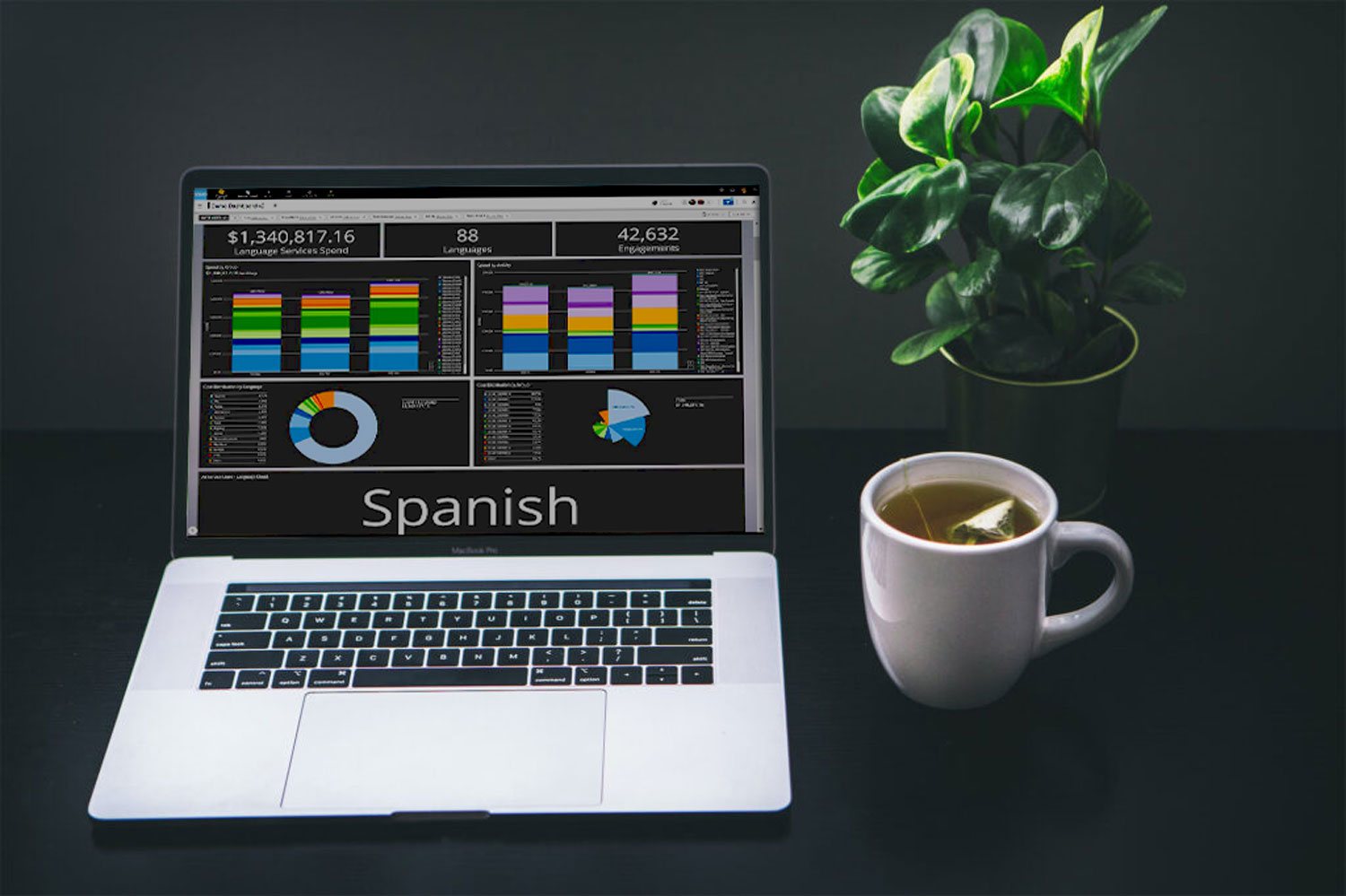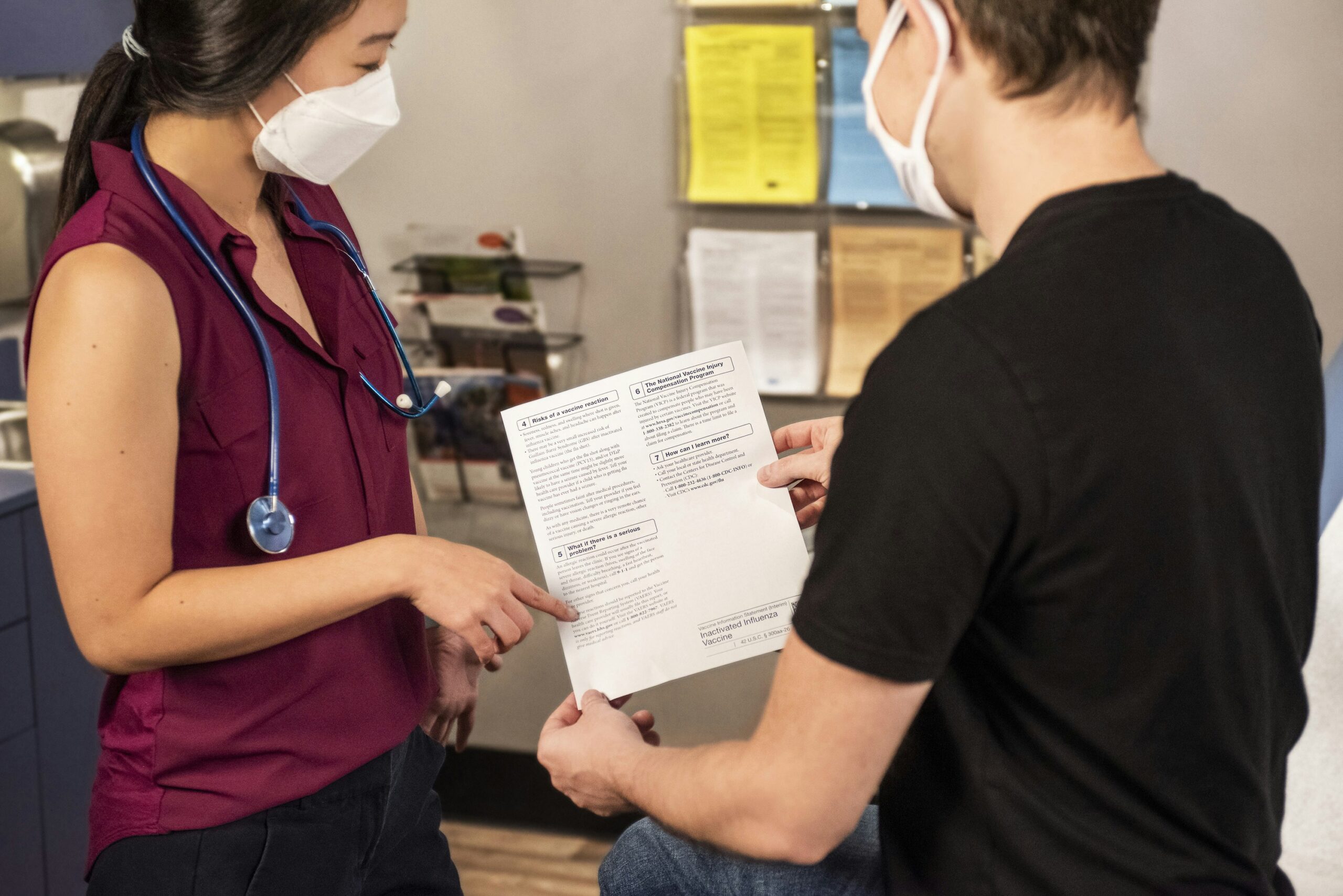Access, respect, and understanding –
for the Deaf and Hard of Hearing community
We provide certified and qualified American Sign Language (ASL) Interpreting Services, including onsite and video remote interpreting, to support communication, inclusion, and dignity. Our commitment is to Deaf culture, the Deaf community, and delivering ASL services with the skill, respect, and reliability you deserve.
Why We Support the Deaf & Hard of Hearing Community
We believe in more than meeting legal requirements. We honor Deaf culture by educating our teams, listening to feedback, and engaging in community initiatives. With our American Sign Language (ASL) Interpreting Services, you should feel valued, understood, and welcomed in every interaction.


Our ASL Interpreter Qualifications & Approach
Our interpreters hold national and/or state certifications and have expertise in fields like healthcare, legal, education, community and corporate settings. We ensure cultural competency, ongoing training, and high standards of service so that every assignment is handled by someone truly qualified. When choosing American Sign Language (ASL) Interpreting Services, quality and trust matter most, and that’s what we deliver.
ASL Interpreting Services for Organizations & Businesses
We offer:
- Onsite ASL interpreting for appointments, events, or business meetings
- Video Remote Interpreting (VRI) for flexible, immediate needs
- Specialized support in healthcare, education, HR, trainings, and other professional settings
Our American Sign Language (ASL) Interpreting Services help businesses create accessible environments, build trust, and fulfill their duty of care toward all clients and staff.


Deaf-Friendly Practices You’ll Notice When Working with Us
- Communicating directly to Deaf individuals, maintaining eye contact, and speaking clearly to ensure accurate interpretation
- Using clear lighting and unobstructed sight lines for sign language
- Helping you to ensure policies and environments respect cultural norms and communication preferences
FAQ
Q: What certifications do your ASL interpreters have?
A: They hold national or state certifications (e.g., RID, BEI, VQAS) and have specialization in sectors like healthcare, legal, and education.
Q: How far in advance do you need to schedule ASL services?
A: We recommend 2-3 business days, though we do our best to handle urgent or last-minute requests.
Q: Do you offer Video Remote Interpreting (VRI) as part of your American Sign Language (ASL) Interpreting Services?
A: Yes, secure VRI is available for situations where in-person interpreting isn’t conducive.
Q: What makes American Sign Language (ASL) Interpreting Services different from spoken language interpreting?
A: ASL is a visual-spatial language, with its own grammar and cultural norms. Interpreters must be skilled both linguistically and culturally to ensure natural, accurate communication.
Q: How does TLG invest in the Deaf community?
A: We proudly support the Deaf community through meaningful partnerships and initiatives. This includes sponsoring the Virginia Stage Company at the historic Wells Theatre in Norfolk, where ASL-interpreted performances make the arts more accessible to Deaf audiences.
We also champion Deaf excellence in sports, continuing our sponsorship of a professional Deaf tennis player from Virginia who will compete at the 2025 Deaflympics in Tokyo, while expanding our support to include a second professional Deaf player representing the community on the international stage.
In addition, we recently provided a dedicated team of ASL interpreters for the Richmond SHRM’s Diversity & Inclusion Symposium, demonstrating our commitment to inclusion, access, and Deaf-friendly communication in professional settings.
Q: What’s the best way to communicate respectfully with a Deaf person when using an interpreter?
A: Always speak directly to the Deaf individual, not to the interpreter. Make eye contact and engage naturally, just as you would with any other conversation partner.
Q: How can I prepare the environment to ensure a collaborative communication experience for the Deaf consumer?
A: Ensure good lighting so the interpreters’ signs are visible, while ensuring unobstructed views of all parties. The Deaf consumer should be able to observe body language and facial expressions to ensure all meaning is conveyed.
Q: What are some everyday actions that show cultural respect?
A: Simple actions like waving to get someone’s attention, avoiding exaggerated lip movements, and being patient when communication takes time demonstrate respect and awareness of Deaf culture.







